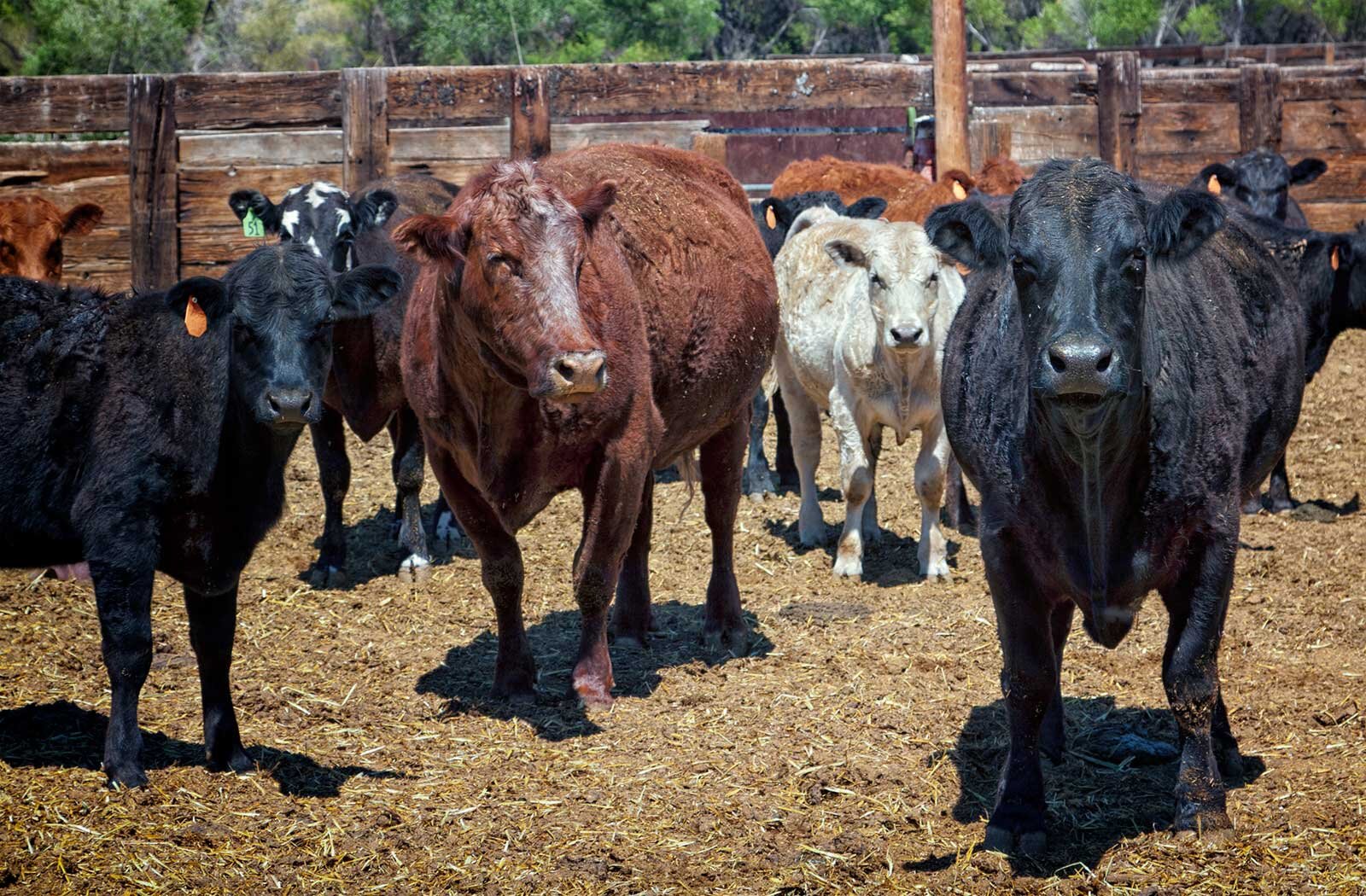Meat Giant JBS Continues to Grow in US Despite Contamination Scandal in Brazil
Photo from Flickr user rheinitz.
Over the past month, health authorities in Europe, China, and Brazil have all temporarily pulled beef from the Brazilian meat giant JBS off of grocery store shelves, in response to evidence that the company was involved in a massive corruption scandal to export rotten and contaminated meat. Yet here at home, the Trump Administration has yet to take meaningful action against JBS imports from Brazil. On the contrary, JBS has continued to expand its reach and political power in the U.S.
More than 30 government officials and one JBS employee have been investigated for giving or receiving bribes, falsifying documents, and exporting meat that was known to be contaminated or rotten. The scandal has been centered in Parana, a state in southern Brazil, where several food processing plants have been temporarily closed.
JBS is the largest livestock company in the world, and over the past decade, the company has become dominant in the U.S as well. Through acquisition of Pilgrim’s Pride, Swift Foods, and Cargill’s pork operation, JBS has reached 22% U.S. market share in beef, 18% in chicken, and 11% in pork. In local and regional markets, the company’s market share can be even greater.
And JBS continues to expand its presence in the United States. In March, the company acquired Plumrose USA, a packaged meat company that operates meat-processing plants in Iowa, Vermont, Indiana, and Mississippi. And JBS’s exports of beef to the U.S. have grown substantially since the Department of Agriculture resumed fresh beef imports from Brazil in late 2016.
JBS’s massive size and scope is one of the main factors in the global nature of this contamination scandal. Patty Lovera, assistant director of Food & Water Watch, says that the effects of contamination in a single plant or company used to be less severe, because “one plant wasn’t shipping to thirty states.” According to data from the USDA, recalls have more than doubled since 2005. No tainted exports from Brazil have been identified in the U.S.
JBS, which is part owned by the Brazilian state bank BNDES, exercises political power in the U.S. through lobbying and donations. The company has contributed over $428,000 to political campaigns and PACs since 2009, according to data collected from Follow the Money. The company also donated $5,000 to incoming Secretary of Agriculture Sonny Perdue’s cousin, David Perdue, during his 2014 senate race.
Recently JBS donated $12.5 million to Colorado State University to expand the school’s meat science program. The company had previously donated gifts totaling $3 million to the university. Robert Taylor, professor of agricultural economics at Auburn University, says such gifts have a huge effect on food research in the United States. “Grant money is the tail that wags the dog,” he says. Big donations are what allow “someone like JBS [to ask] the questions that are researched.” In late 2015, Pilgrim’s Pride, which is owned by JBS, donated $100,000 to Auburn’s poultry program.
Ranchers say the contamination scandal only confirms the need for Country of Origin Labeling, after the World Trade Organization found in 2015 that the labels violated WTO rules. The lawsuit was first brought by the governments of Mexico and Canada, which alleged that labeling disadvantaged their products. The Obama administration then withdrew support for COOL.
Bill Bullard, the CEO of the Ranchers-Cattlemen Action Legal Fund, worries that in the absence of clear labeling, the Brazilian beef scandal could lead to fallout for American ranchers. “Because our product is not clearly differentiated for consumers,” he says, “then any problem associated with any beef is attributed to the US cattle industry.”
Several advocacy groups and members of Congress have asked the USDA to temporarily ban beef imports from Brazil. The USDA has not yet made a decision on the matter. The Food Safety and Inspection Service did reinstitute 100% pathogen testing for Brazilian imports, but some have questioned the thoroughness of the testing.
What We're Reading
The Department of Justice approved Danone's $12.5 billion acquisition of WhiteWave Foods. Danone will divest Stonyfield Farms as a condition of the approval. WhiteWave's Horizon Organic brand accounts for 25% of organic dairy sales.
Farmers in Mexicali, Mexico are protesting the construction of a new Constellation Brands brewery in the state. The farmers are concerned the plant will use too much of the area's valuable water, which the local agriculture industry has worked to conserve. Constellation Brands is the third-largest American brewery, and owns Corona, Modelo, and other brands.
The Federal Trade Commission approved ChemChina's $43 billion acquisition of Switzerland's Syngenta. The deal was approved with minimal divestitures. The combined company will be one of the most powerful agrochemical companies in the world.
Correction: An earlier version of the article suggested that Brazilian imports to China and other countries were still banned. At the time of publication, China, Chile, and Egypt had already lifted their temporary bans against Brazilian meat imports. The article has been updated to reflect this reality.
An earlier version of the article also implied that JBS employees were under investigation at the time of publication. Only one JBS employee has been involved in the investigation. The language has been clarified.

